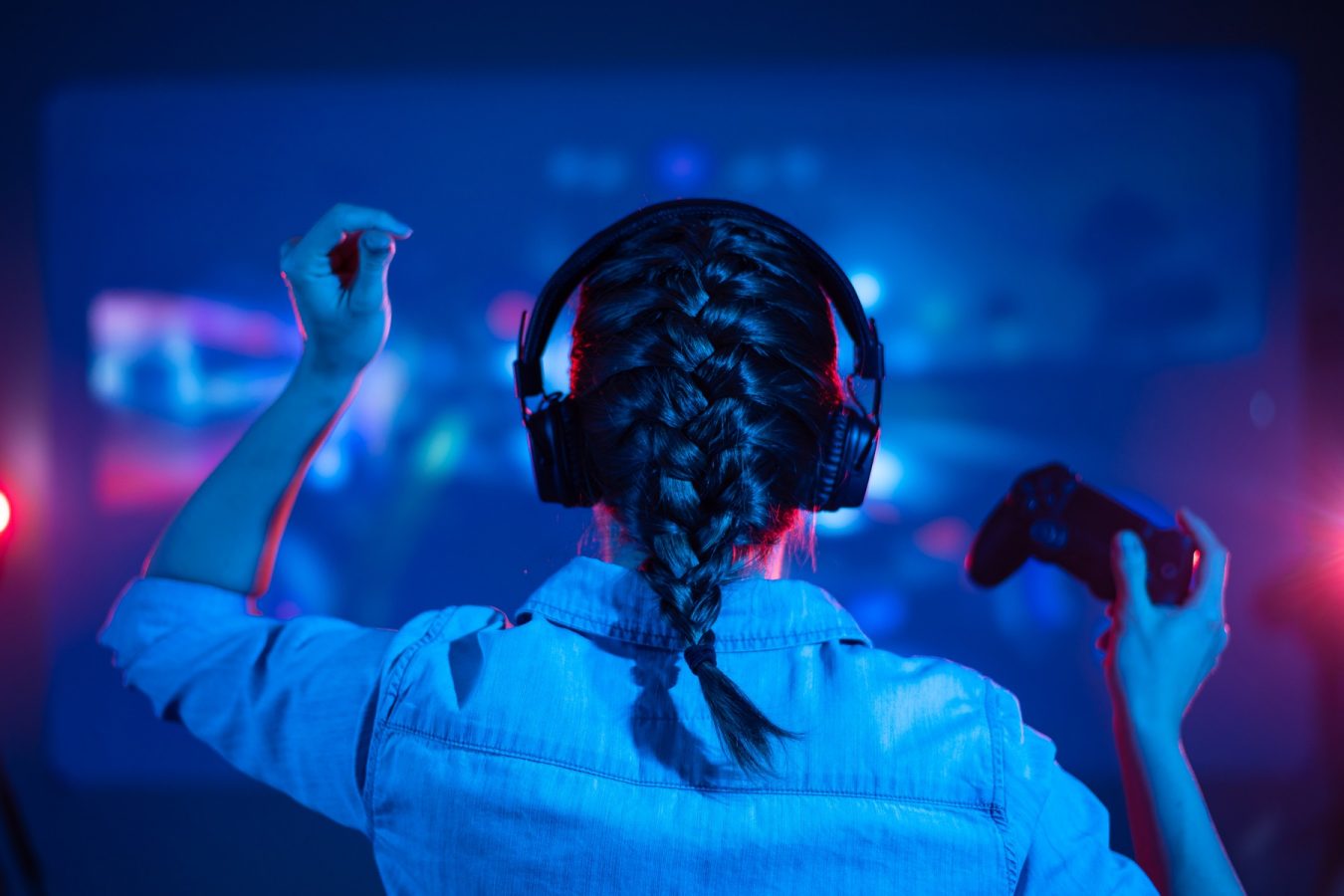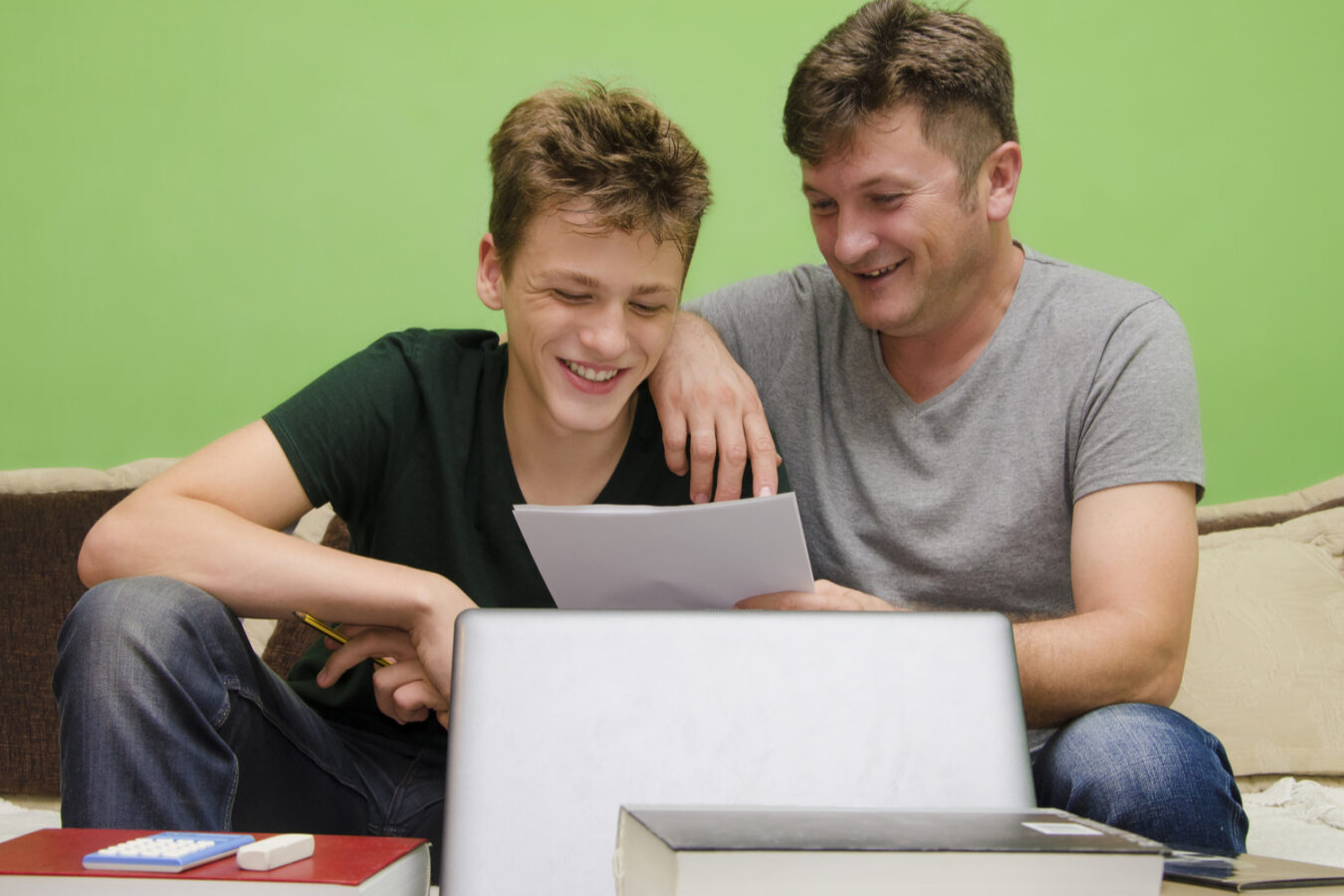
The leading adolescent psychologist inspired parents and carers during our latest webinar with his insights and ideas to help reignite our children's passion for learning. He summarises his main points in this article.
This year of fear has resulted in many students feeling anxious, isolated and has left too many of them feeling overly-reliant on screens and under-motivated for learning.
Even those students who have thrived during these uncertain times have been on heightened alert status all year long (as have their parents). It is time to heal those wounds.
Compassion and love are our oldest medicines. Add to this, hope and connectedness and we have the four most powerful ingredients for healing.
Starting with heart
It is time to rebuild self-belief. Most young people develop this by having parents and teachers who believe in them and value their contribution. This is not the time for pep talks, rev ups and restrictions. Yelling and arguing are counter-productive.
Even though it has been a frustrating time and most of our plans have been thwarted, the antidote is not in adding more anxiety or coercion. We need to play the ‘long game’ by increasing kindness and understanding.
We also need to accept that some young people have been feeling so lonely and shell-shocked that our initial acts of kindness may not always be reciprocated. A slow and patient rebuild that creates trust and certainty is more likely to have enduring positive effects.
Rebuilding connections
After an extended time away from others, some students may feel anxious about reconnecting. Many of their friendships are based on currency – they are familiar with being up to date with the latest goss and being in almost constant contact with one another. After an extended break, some will feel worried & cautious. Some will avoid their friends rather than exposing themselves to a feared rejection.
Link them into existing friendship groups before school goes back, if you can. Chat rooms, student groups, playing multi-player games or just texting a few classmates may ease some of the apprehension.
Emphasise the idea that everyone has been through similar experiences. A special type of belonging is forged between people who share tough times.
The connections that need to be rebuilt are not only social, they are also intellectual. There has been a lot of coverage focusing on students falling behind and almost none on the gains made from home-based learning.
Help your student reacquaint him or herself with how they are smart and how to get smarter by completing the analysis and plan at my: www.mylearningstrengths.com. The full report outlines a Learning Success Plan and links their strengths to potential career areas.
Not all learning occurs at school. Consider developing a home-based passion project linked to their learning strengths and interests.
Increase the amount of conversational time in the family. If family meals have been intruded upon or avoided, re-establish them and insist that they remain device-free.
In some cases resuming an interesting conversation with a reluctant child or teen will be a slog. Expect monosyllabic replies for a while. Despite all appearances to the contrary, there is more going on in their minds than they are showing you.
Rekindling hope
Hope is the birthplace of possibility. It is more than idle wish making, it can become a creative act. The time for innovation is now. This is the time for young people to have a say in creating a better world.
Times of challenge accelerate change. Every crisis conceals an opportunity. There seems little doubt that the pandemic has highlighted shortcomings in our planning as well as our care of particular groups in our society. This is the time to have conversations about creating a cleaner, greener, kinder world.
By engaging children and young people in conversations about what sort of world we want for our future, we help them build a future story for themselves.
Reigniting action
Many of us have survived this time through a combination of distraction and diversion, mostly involving screens. For some of us, it has been a time of passive inactivity.
The problem is the less young people do, the less they feel like doing. The reason is the build-up of stress hormones such as cortisol and adrenaline are not being dispersed by physical exercise. This can lead to lowered mood, motivation & feelings of exhaustion.
Activating a grumpy sloth-like kid can be quite a challenge, so start gently. We need to guide them over the energy hump of inertia and back to a more engaged relationship with the world. Walks, bike rides, Wii-fit, shooting hoops, indoor badminton, table tennis, learning skateboard moves – basically anything involving movement.
The lessening of screen time also needs to be done delicately. You can read Andrew’s accompanying paper, Wean Your Teen Off The Screen.
It will take some persistence on your part to inspire your child or teen back into the world of learning and achievement. You are your child’s circuit breaker be gentle – but don’t give up.
©Andrew Fuller
Like this post? Please share using the buttons on this page.
About Andrew Fuller
Andrew is a clinical psychologist specialising in the wellbeing of young people and their families.
Stay in touch with Andrew on Facebook, on LinkedIn, through his website and on the My Learning Strengths website
More tips about how to maximise your success can be found at:
Andrew’s websites
www.andrewfuller.com.au
www.mylearningstrengths.com (45,000 young people in the past year discovered their learning strengths and found how to increase success and motivation).
Books for parents
Tricky Conversations
Tricky Teens and Emerging Adults: A survival guide for parents
Unlocking Your Child’s Genius: How to discover and encourage your child’s natural talents
Books for teachers
Guerilla Tactics for Teachers: The Essential Classroom Management Guide
Work Smarter, Not Harder: Study skills for students who dislike homework
Tricky Conversations: How to have less conflict and more peace in your life
Neurodevelopmental Differentiation: Optimising Brain Systems to Maximise Learning



